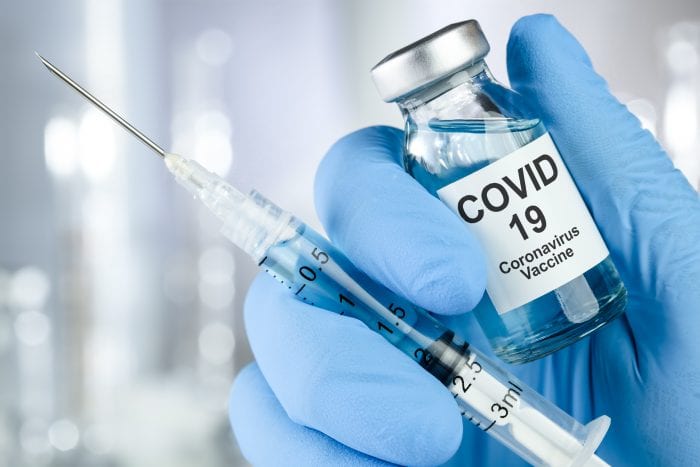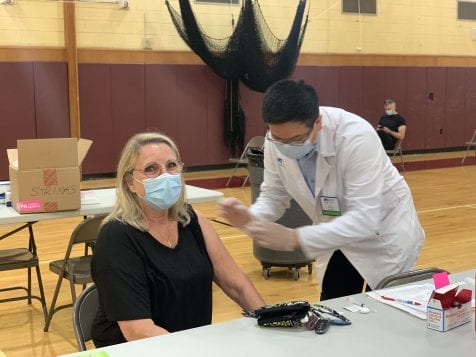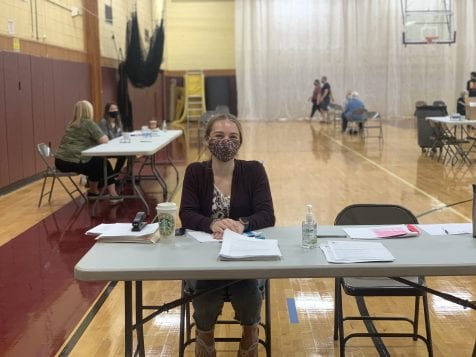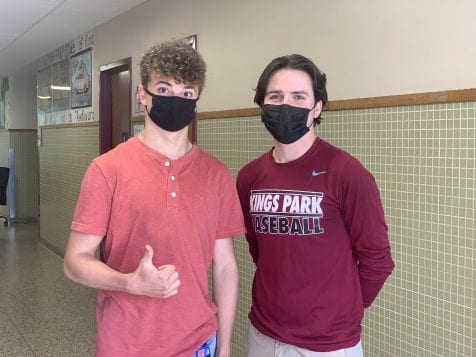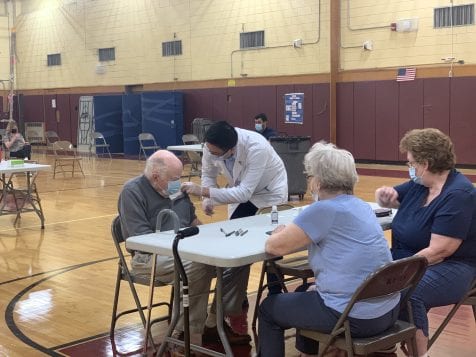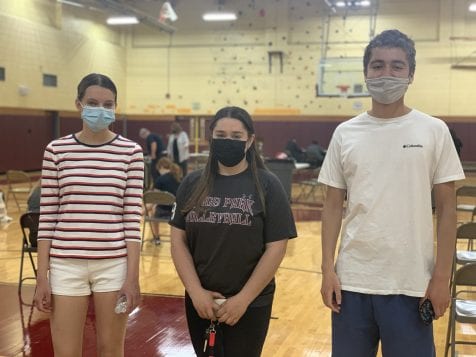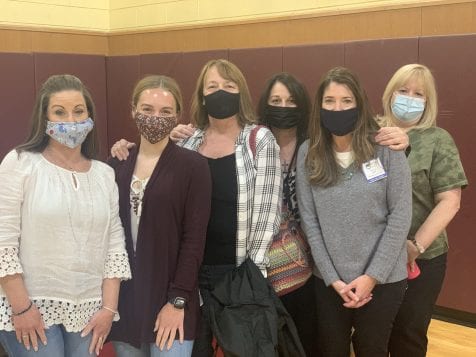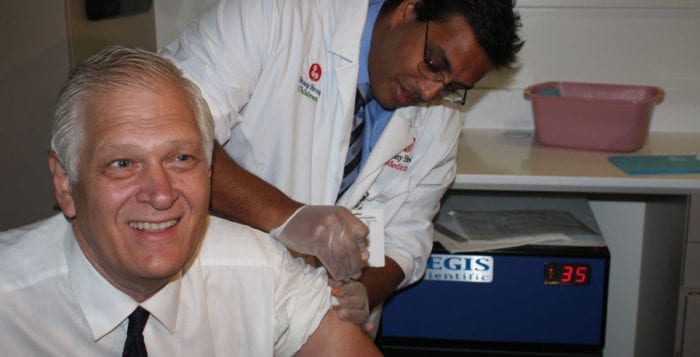Now available at a doctor’s office or pharmacy near you: the latest COVID-19 booster.
Last week, the Food and Drug Administration gave Pfizer and Moderna Emergency Use Authorization to start distributing their newest COVID booster, which includes protection against the highly infectious Ba.4 and Ba.5 strains of omicron.
A few days later, the Centers for Disease Control and Prevention approved the administration of the booster.
Area doctors welcomed the news and suggested the newest booster would be helpful for certain groups.
“I suspect that, at a minimum, those who needed to get a fourth booster (elderly, comorbidity, immune issues) should get” it, explained Dr. Sharon Nachman, chief of the Division of Pediatric Infectious Diseases at Stony Brook Children’s Hospital, in an email. “I believe that its approval will include all individuals over age 12.”
Dr. Adrian Popp, chair of Infection Control at Huntington Hospital/ Northwell Health, agreed that senior citizens and immunocompromised people should consider the latest booster.
With other shots available until now, residents may need to consider how much time to wait between boosters.
People are eligible for another booster two months after a previous COVID vaccine, according to the FDA website.
The FDA authorized single doses of Moderna’s booster for people 18 and over and Pfizer’s booster for those 12 and older.
The incidence of hospitalizations among people who have COVID at area hospitals has remained fairly stable during the summer. Stony Brook University Hospital has about 50 COVID inpatients each day, while Huntington Hospital has about 11.
Doctors cautioned, however, that those numbers include people who are hospitalized for other procedures or treatments and who test positive as a part of the hospital’s effort to monitor the pandemic.
“The vaccines, to a large extent (primary series plus a booster-protection) are working quite well” at preventing the need for hospitalizations, Nachman wrote.
Doctors urged people to take steps to protect themselves, their families, and their communities against contracting the virus.
“With the virus changing, it’s even more important to keep yourself and your family safe from getting COVID again and remain vigilant about taking precautions, i.e. hand washing, social distancing, mask wearing,” Nachman added.
A minority of residents treated with Pfizer’s antiviral therapy Paxlovid have experienced a rebound, testing positive days or even a week or more after receiving the antiviral treatment.
“Viral rebound occurs in about 10%” for those who have taken Paxlovid, with the majority in the older age groups, Nachman wrote. Having said that, the rebound we are seeing has not led to Emergency Department visits or hospitalizations.”
As for mental health issues, residents of Suffolk County, as with other communities, have generally seen an improvement amid a relaxation of restrictions that limited social contact and kept people from their routines.
“Mental health issues were mostly related to the isolation mandates that were required to slow the spread of COVID,” Popp explained. “The reduction in restrictions has improved the mental health issues for many people.”
Monkeypox vigilance
Area hospitals continue to remain on the lookout for potential outbreaks of monkeypox.
“We are aggressively evaluating all suspected cases of monkeypox and have protocols in place for testing as well as treatment,” Nachman wrote. “We will be rolling out a [National institutes of Health] funded clinical trial for treating individuals across the ages with TPOXX.”
Huntington Hospital has had two confirmed cases of monkeypox. Popp expects the virus will “likely continue to spread.”
Several medical facilities continue to administer the limited monkeypox vaccines.
SBUH is working with the Suffolk County Department of Health to provide vaccinations at the Edie Windsor Healthcare Center in Hampton Bays.
On the official Suffolk County website, eligible residents can schedule monkeypox vaccinations through Northwell Health at the Bayshore Mall on Sunrise Highway.
As for the flu, Nachman urged residents to get their vaccines prior to the start of the seasonal flu season, sometime between now and November.

